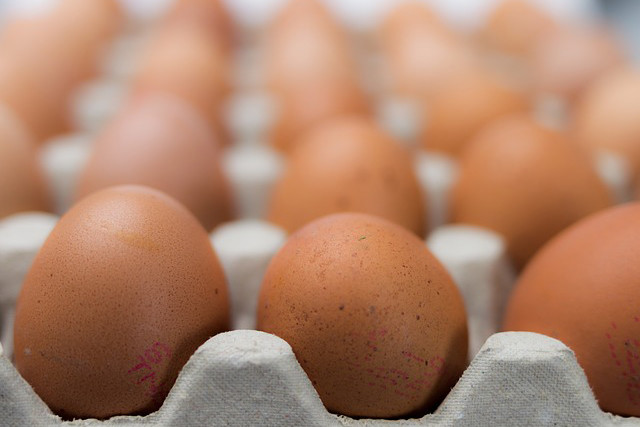Dutch poultry farmers sue over fipronil crisis

Dutch farmers have this week threatened to take legal action against the nation’s food safety agency over its handling of this summer’s fipronil contaminated egg scandal.
Angered by the lack of support from their government, the Dutch farming organisation LTO Nederland has demanded the food safety authority NVWA pay back the damages poultry farmers have suffered in the crisis.
Green light
Meanwhile, the Belgian government, which has been seen to be more supportive of its producers, has announced the European Commission has given the green light to its compensation scheme, describing the crisis as an “exceptional occurrence.”
Belgian federal agriculture minister Denis Ducarme has said businesses affected by the crisis will have until 30 April 2018 to submit evidence. A “Fipronil Commission” will analyse each case with the Minister responsible for determining the amount of compensation to be given to each claimant.
The Agriculture department said in a statement that nearly €22m has been ratified by the Commission, of which nearly €5m had already been made available.
It is in sharp contrast to the Dutch situation, which has maintained that the private sector, and in particular the firm accused of selling the product (ChickFriend), is responsible.
Read more articles here about the Fipronil scandal
Roeland de Mol, LTO lawyer, said in a statement on the organisation’s website: “The enormous damages which poultry farmers have suffered would not have happened if the NVWA had done its job properly.
“The NVWA knew that fipronil was being used by ChickFriend but did not even give the sector the opportunity to arm itself against it.”
Reduced sales
The LTO remains angry at the 25% reduction in sales after the scandal broke which it has blamed on a NVWA official who told a Dutch television station that people would be better off not eating eggs.
Two third of the nearly 800 poultry farmers which were closed remain out of operation.
The scandal, which led to nearly 2 million birds being culled, has however given egg prices a boost. In Germany, eggs are currently 88% more expensive than this time last year, while in Holland and Belgium prices are 92% higher.













